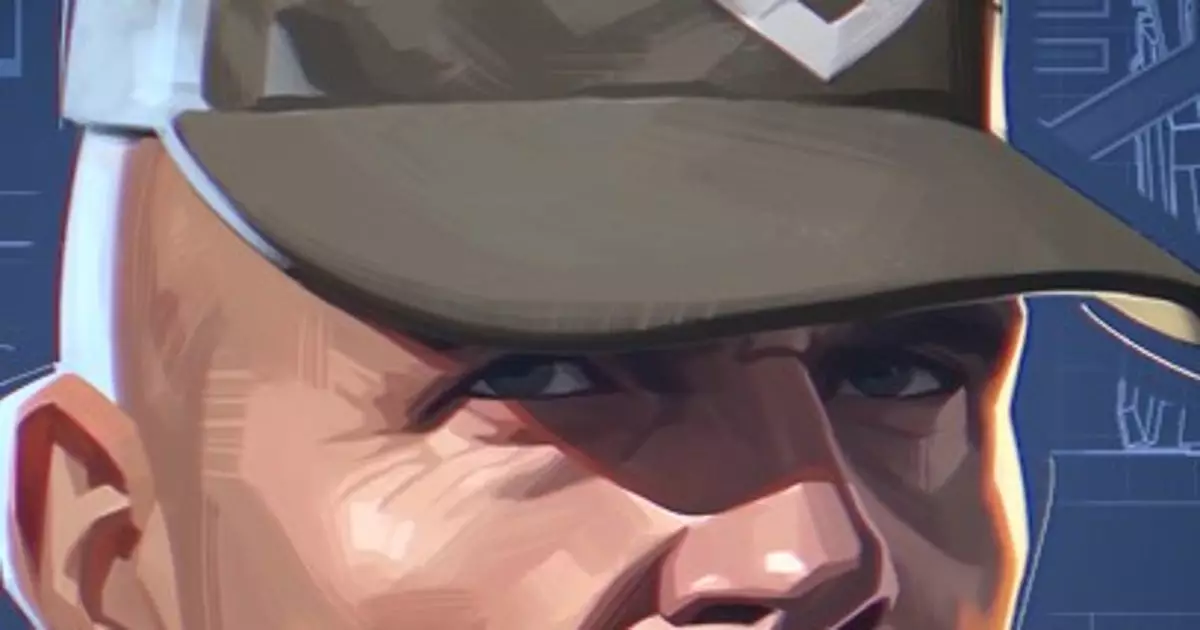In the gaming world, nothing seems to change faster than the way we experience our favorite pastimes. The generations of gamers have seen a remarkable shift from the nostalgia-driven gameplay of the early 2000s to the fast-paced, content-rich environments of today’s live-service models. Analyzing this change reveals how the perception of gaming has evolved dramatically over time, particularly through the lens of game seasons and regular updates.
Imagine a younger version of yourself, engrossed in a particular game, completely detached from the responsibilities of the outside world. For many millennials and older, that game might have come from a time when inserting a memory card was the norm, allowing players to save their progress. Back then, the joy came from spending countless hours perfecting every aspect of gameplay, dissecting every ending, and exploring the depths of newly released content. In contrast, today’s gamers, particularly those engrossed in experiences like Fortnite, might struggle to appreciate the nostalgia that resonates within those concepts. Mentioning “memory cards” could easily lead to blank stares or even laughter at the absurdity of their archaic existence.
The question arises: Can today’s gamers appreciate the painstaking efforts of the past? Or has the instant gratification of seasonal content altered their approach to gaming? Where previous generations might invest time replaying titles to unlock every hidden cutscene or ending, the current crop of players is often overwhelmed by a buffet of new content, serving up fresh experiences at a relentless pace.
Despite the generational gap, there is a silver lining to this live-service model. Game developers are continuously releasing updates that introduce new units, challenges, mechanics, and cosmetic items. This cyclical renewal can be enticing, offering players the thrill of fresh content to explore. For example, recent releases like Mechabellum’s Season 2 add depth to the strategic gameplay, bringing forth new units and specialists that add layers of tactics to encounters.
The introduction of units like the Raiden or the strategically designed Intensive Training Expert reflects a thoughtful approach to gameplay that balances both novelty and challenge. Players are compelled to adapt their strategies not just to their opponents but to these new units as well. However, this also exposes one of the potential pitfalls of the current gaming landscape—a tendency for focus to shift from mastery of one game to a fleeting engagement with multiple titles.
As gamers navigate this landscape filled with ephemeral content, it’s essential to ponder whether the charm of nostalgia can coexist alongside the excitement of continuous updates. Games like Mechabellum are emblematic of a broader trend, showcasing rapid evolutions in gameplay mechanics and character designs. With the bombardment of new items and strategies, it becomes difficult to apprehend which aspects of gameplay retain significance in the long run.
While some players ardently dive into each new patch or season, others find solace in revisiting past titles, choosing the comfort of familiarity over the frenetic pace of modern gaming. The joy of watching the intricacies of tactics play out, from predicting enemy moves to making graceful counter-moves, often contrasts sharply against the fleeting pleasure of accomplishing short-term goals.
Ultimately, the current era of gaming presents a dichotomy. On one hand, we have the exciting innovation of seasonal releases, automated updates, and a cornucopia of new content. On the other, there lies a wistful yearning for the simplicity and depth of gaming experiences from days gone by. As we move further into this new landscape, one thing remains clear: whether through the eyes of a nostalgic gamer or a contemporary player reveling in constant change, the journey of engagement within the gaming world continues to evolve.
In the end, every player, regardless of their experience level, must carve their own path through this ever-shifting terrain. Embrace the new, but never forget the joy derived from the past—after all, both forms of play have made gaming the rich tapestry it is today.

